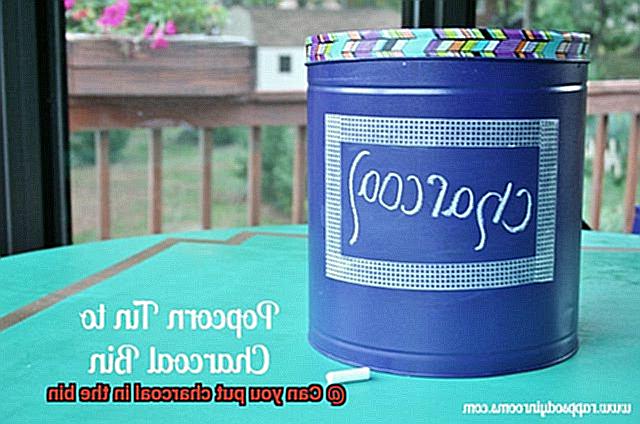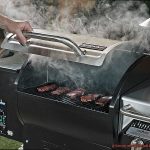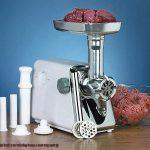Hey there, grill masters and BBQ enthusiasts. As you wind down from a perfect summer evening of cooking up a storm, it’s time to tackle the post-grilling cleanup. But hold up – what do you do with that leftover charcoal? Can you toss it in the bin or is that asking for trouble?
Believe it or not, dumping charcoal embers into the trash bin isn’t exactly the safest disposal method. Charcoal briquettes have the potential to reignite and even smoldering coals can be hazardous when mixed with other flammable materials.
So, what’s the right way to dispose of charcoal? Luckily, it’s pretty simple. First things first: let the charcoal cool completely. This cooling process can take up to 48 hours, so give yourself plenty of time. Once cooled, wrap the charcoal in aluminum foil and put it in a non-combustible container with a tight-fitting lid. From there, you’re good to go – just place the container in your trash bin.
Remember: proper disposal of charcoal is crucial for keeping yourself and your loved ones safe from accidents. So next time you’re tempted to toss those briquettes in the bin without thinking twice, take a moment to follow these easy steps instead.
Contents
What is Charcoal?
Charcoal is a remarkable material that has been utilized for thousands of years. This black, porous, and lightweight substance is obtained by heating wood or other organic materials in the absence of air. The process removes all moisture, volatile gases, and impurities from the wood, leaving behind almost pure carbon.
Throughout history, charcoal has had a variety of uses. In ancient times, it was used as a fuel source for cooking and heating, as well as for medicinal purposes. Today, it is commonly used for grilling and barbecuing food due to its ability to burn hotter and longer than other fuels.
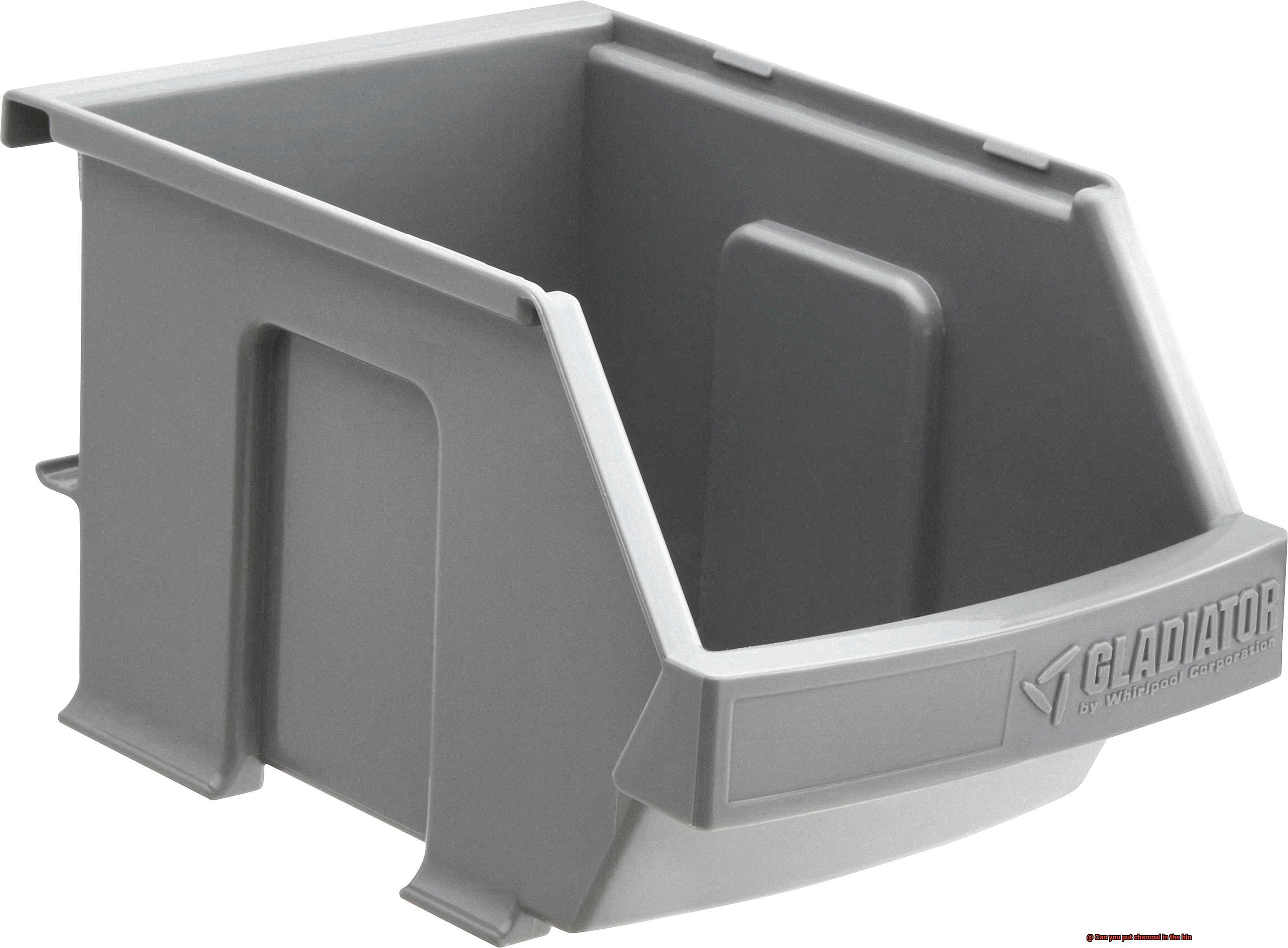
There are different types of charcoal available in the market. One of the most popular is lump charcoal, which is made by burning natural hardwood without any additives. On the other hand, briquettes are made by compressing charcoal powder with a binder and other additives. Although they tend to be cheaper than lump charcoal, briquettes can contain chemicals that affect the taste of food.
The appeal of charcoal lies in its ability to burn hotter and longer than other fuels. This makes it an excellent choice for outdoor cooking, especially when grilling or barbecuing food. However, it also produces a lot of ash and can be messy to handle.
It is crucial to dispose of charcoal safely and responsibly to avoid potential fire hazards and environmental concerns. Hot coals should never be placed in the bin since they can cause fires if not properly extinguished. The charcoal should be allowed to cool completely before disposing of it in a metal container with a tight-fitting lid. This will prevent any sparks from igniting flammable materials and keep curious animals from getting into it.
Why Can’t You Put Charcoal in the Bin?
You may be wondering what to do with the leftover charcoal once your barbecue is over. The answer is simple: don’t throw it in the bin. There are several reasons why this is a bad idea.
To start, charcoal is a highly flammable substance. According to the National Fire Protection Association (NFPA), charcoal briquettes can ignite at temperatures as low as 212°F (100°C). If you put used charcoal in a trash bin, it can easily ignite other combustible materials in the bin like paper or cardboard, leading to a dangerous fire that can quickly spread throughout your home or property.
But that’s not all. Burning charcoal can also release toxic fumes that are harmful to both your health and the environment. Charcoal briquettes contain chemicals and additives that help them burn more efficiently, but when burned, these chemicals release harmful substances like carbon monoxide, nitrogen oxides, and volatile organic compounds (VOCs). If you dispose of used charcoal in a bin and it ignites, these toxic fumes can be released into the air, posing a health hazard to you and your loved ones.
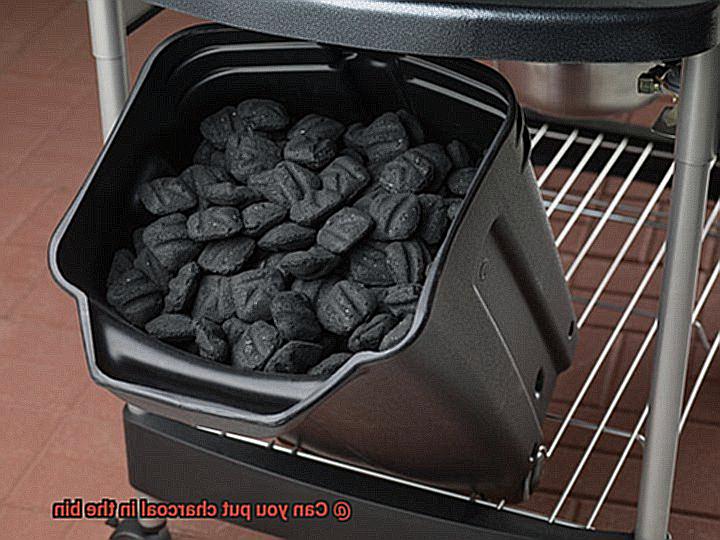
Furthermore, putting used charcoal in the bin can also damage the environment. Charcoal takes years to decompose in landfills and releases harmful chemicals into the soil and groundwater as it breaks down. Additionally, if you dispose of used charcoal in a plastic bag and throw it in the bin, you’re contributing to plastic waste that can end up polluting our oceans and waterways.
So how should you dispose of used charcoal instead? Here are some options:
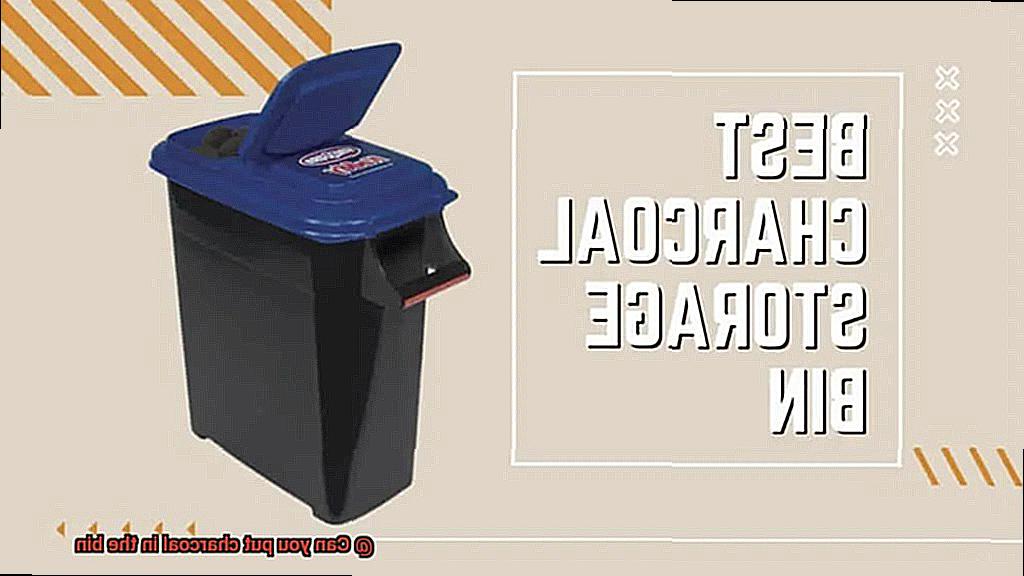
- Compost it: Used charcoal can be added to your compost bin as a source of carbon, which helps balance out the nitrogen-rich materials like food scraps and leaves.
- Fertilize your garden: Charcoal is rich in nutrients like calcium, potassium, and phosphorus, making it a great natural fertilizer for your garden.
- Use an outdoor ashtray or fire pit: If you have an outdoor space, let the charcoal cool down completely before disposing of it in an ashtray or fire pit designated for this purpose.
Fire Hazards Associated with Charcoal Disposal
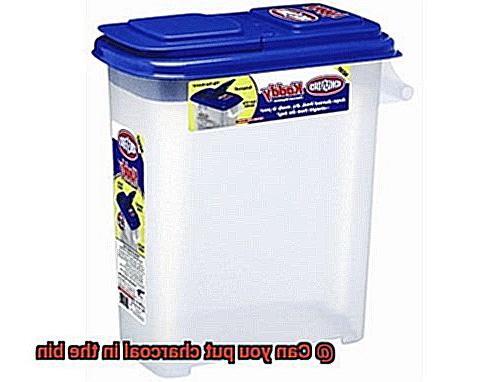
Grilling is a beloved pastime of many, but it’s important to remember that the fun doesn’t end once the burgers are cooked and the guests have gone home. In fact, improper disposal of charcoal can lead to serious fire hazards that could put your home and loved ones in danger.
Charcoal may seem harmless once the grilling is done, but it can remain hot for hours afterwards. This means that disposing of it improperly can lead to a fire that could quickly spread. According to the National Fire Protection Association, over 1,000 fires were caused by improper disposal of charcoal or ashes in the United States in 2019 alone.
One common mistake people make is throwing still-hot charcoal in the trash bin. This can easily ignite other materials in the bin, causing a fire that could have devastating consequences. To avoid this risk, be sure to wait until the charcoal has completely cooled before disposing of it.
Another hazard is putting charcoal in a plastic bag for disposal. The heat from the charcoal can melt the plastic, potentially causing a fire or releasing harmful chemicals into the air. It’s important to never put hot charcoal in a plastic bag, no matter how convenient it may seem.
To properly dispose of charcoal, wait until it has cooled down completely – this could take several hours – and then place it in a metal container with a tight-fitting lid. This will prevent any remaining embers from igniting other materials and causing a fire.
In addition to preventing fires, proper disposal of charcoal also helps protect the environment. Charcoal ashes can be harmful to plants and wildlife if not disposed of properly. By taking the time to dispose of charcoal correctly, you can help keep your home and surroundings safe while also doing your part for the environment.
Environmental Concerns of Improperly Disposed Charcoal
Firstly, it’s important to note that while charcoal is made from wood, which is biodegradable, the chemicals used in its production process can have negative effects on the environment if not disposed of properly. When charcoal is thrown in the bin, it can end up in a landfill where it takes up space and releases harmful chemicals into the environment. This not only pollutes our surroundings but also harms our ecosystem.
Additionally, if the charcoal is still hot or smoldering, it can cause fires in the landfill. This poses a serious threat to our environment and nearby communities. So we must be mindful of how we dispose of our charcoal to prevent such disasters from happening.
Another concern is when charcoal is improperly disposed of outdoors, such as throwing it on the ground or leaving it after a barbecue. This can lead to fires if the charcoal is still hot and can harm wildlife if ingested. We all want to enjoy outdoor activities without harming our surroundings, right? Therefore, we must be responsible for our actions and properly dispose of our charcoal.
So what can we do to properly dispose of charcoal and prevent harm to the environment? Firstly, it should be completely extinguished by soaking it in water or sand before being thrown in the bin. Alternatively, it can be used as a composting material for gardens or vegetable beds. Not only will this reduce waste but it will also provide nutrients for plants.
How to Properly Dispose of Charcoal
Grilling is a fantastic way to enjoy the outdoors and cook up some delicious food. However, once the grilling is done, disposing of charcoal can be a bit confusing. It’s essential to dispose of charcoal properly to avoid any potential fire hazards or harm to the environment. Here are five sub-sections on how to properly dispose of charcoal:
Let it Cool Completely
The first step in disposing of charcoal is to let it cool completely. If you try to dispose of hot charcoal, it can create a fire hazard. The best option is to let the grill cool down overnight before handling the charcoal. Once it has cooled, check for any remaining heat or glowing embers before moving on to disposal.
Check with Your Local Recycling Program
If your local recycling program accepts charcoal, then you can recycle it by placing it in a paper bag and putting it in your recycling bin. However, not all recycling programs accept charcoal, so it’s important to check before attempting to recycle it. If your recycling program does not accept charcoal, then you’ll need to dispose of it in the landfill.
Wrap in Aluminum Foil or Place in a Metal Container
If you’re disposing of charcoal in the landfill, make sure to wrap it in aluminum foil or place it in a metal container before putting it in the trash bin. This will help prevent any potential fires from starting and keep the trash bin clean.
Avoid Using Accelerants
If you used lighter fluid or any other accelerants on your charcoal, then you should not recycle or landfill it. These chemicals can be hazardous and should be disposed of at a hazardous waste facility. It’s crucial to use natural methods for getting your grill started, such as using a chimney starter or electric starter.
Know What Type of Charcoal You’re Using
It’s essential to know what type of charcoal you’re using before disposing of it properly. Natural lump charcoal, which is made from hardwood and contains no additives, can be safely placed in the bin. However, charcoal briquettes often contain chemicals and additives to help them burn evenly, making them harmful if they leach into the soil or water supply. Briquettes should be avoided due to potential harmful chemicals and fire hazards.
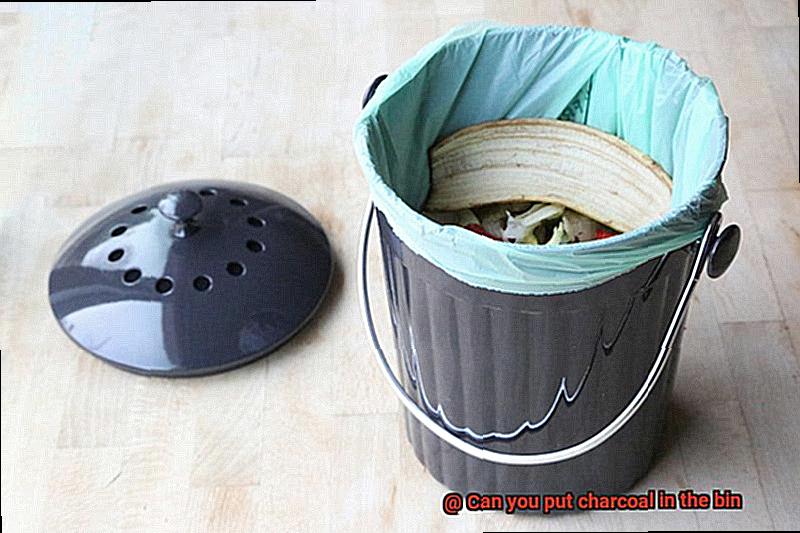
Reusing Leftover Charcoal for Grilling
Not only is it cost-effective, but it’s also environmentally friendly. However, it’s important to know how to properly store and reuse your charcoal to avoid any potential hazards.
First and foremost, it’s essential to understand the type of charcoal you have. Natural lump charcoal is made from real wood with no added chemicals, while briquettes are made from compressed sawdust and other additives. Natural lump charcoal can be reused more easily than briquettes because they contain fewer chemicals that can impact their effectiveness in future grilling sessions.
Once you’ve identified your charcoal type, inspect the pieces for any debris or ash. Remove any large pieces of ash or debris with a grill brush or your hands. Once the charcoal is clean, store it in an airtight container to prevent moisture from getting in and affecting its effectiveness.
When you’re ready to reuse your charcoal, add new pieces to the old ones to ensure a consistent heat source. You may also want to add some lighter fluid or kindling to help get the fire started. Keep in mind that reusing charcoal may not produce as much heat as fresh charcoal, so you may need to adjust your grilling time accordingly.
However, not all charcoal can be reused. If your charcoal has been exposed to lighter fluid or other chemicals, it’s best to dispose of it properly instead of trying to reuse it. Additionally, if your charcoal has been used for smoking meat, it may have absorbed too much smoke flavor and should not be reused for grilling other types of food.
Benefits of Reusing Charcoal
Not only is it cost-effective, but it’s also better for the environment and can enhance the flavor of your food. Let’s explore the top five benefits of reusing charcoal.
Firstly, reusing charcoal is a smart financial decision. Instead of repeatedly purchasing new charcoal, reusing your old charcoal can save you money in the long run. Who doesn’t love a bargain?
Secondly, using old charcoal is a sustainable choice. Charcoal is made from wood, which is a renewable resource. By reusing your charcoal, you’re reducing waste and making a positive impact on the environment.
Thirdly, reusing charcoal is better for your grill. When you reuse charcoal, it ignites faster and burns hotter the second time around. This means that your grilling experience will be more efficient and effective. Plus, you’ll spend less time waiting for your grill to heat up.
Fourthly, reusing charcoal can enhance the flavor of your food. As the charcoal burns, it develops a layer of ash that helps to filter out impurities and create a smoky flavor. This results in a delicious taste that will make your taste buds sing.
Lastly, reusing charcoal is incredibly easy. Simply remove any large debris from the grill grate and sift out any small pieces of unburned charcoal. The remaining ash and briquettes can be reused for your next grilling session. It’s that simple.
bpLls3ODtgE” >
Conclusion
In conclusion, the proper disposal of charcoal is not just a matter of convenience but also one of safety and environmental responsibility. Dumping hot charcoal into the bin may seem like an easy solution, but it can lead to disastrous results such as fire hazards and toxic fumes. Therefore, it’s crucial to let the charcoal cool completely before wrapping it in aluminum foil or placing it in a non-combustible container with a tight-fitting lid for safe disposal.
But why stop at disposal when you can reuse and recycle? Used charcoal can be composted or used as natural fertilizer for gardens, reducing waste and benefiting the environment. Additionally, choosing natural lump charcoal over briquettes is a wise decision due to fewer chemicals and additives that could harm the environment or affect future grilling sessions’ effectiveness.
Reusing leftover charcoal has several benefits: saving money, enhancing flavor, reducing waste, and improving your overall grilling experience. However, before storing them in an airtight container for future use, inspecting and cleaning the pieces is essential.
By following these simple tips for proper disposal and reuse of charcoal, we can enjoy our outdoor cooking experiences while keeping ourselves safe and protecting our environment.

